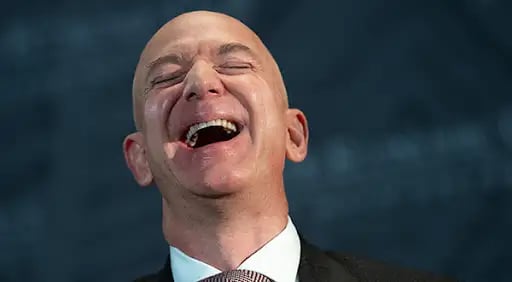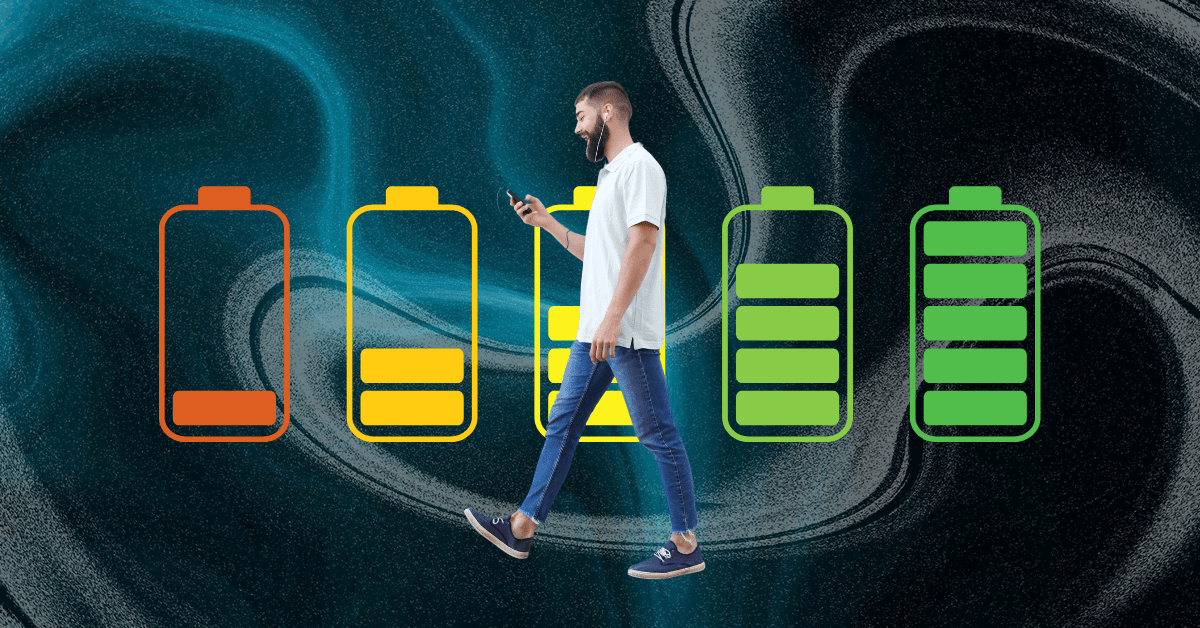Photo by SAUL LOEB/AFP via Getty Images

Business students have been trying to get into Jeff Bezos’ head for years.
On Amazon — the platform he created — there are dozens of books on his business practices: The Everything Store, Amazon Unbound, Invent & Wander, The Bezos Letters, Bezosnomics…
Books are one thing. But you know you’ve really made it when you have your own management philosophy.
‘Bezosism’ is the philosophy powering Amazon’s warehouses
Coined by The Wall Street Journal’s Christopher Mims, Bezosism is rooted in the idea of warehouse workers “making rate.” Here’s how it works:
- Amazon’s fulfillment centers are filled with a combination of sensors and software that track each worker’s activity.
- This data allows Amazon to compile a rate of work that is essentially an average of the aggregate performance of all workers in the facility.
- If workers can’t keep up, they’ll get an algorithmically triggered warning. Too many warnings can result in termination.
- To stop warnings before they happen, warehouse managers hold standing meetings 2x per day where they inform each worker how they’re stacking up.
Amazon argues that a floating average = a reasonable workload…
… but the practice has led to a toxic environment for some warehouse employees.
- Some workers say the constant focus on making rate leads to unproductive inter-team competition
- This leads to workers cutting corners to work faster, sometimes at the expense of safety
This may be responsible for Amazon’s injury rate, which came in at 5.6 injuries per 100 workers in 2019, compared to 4.8 per 100 for the average US warehouse.
Bezosism may be facing regulation soon…
… thanks to a new bill introduced in California taking aim at warehouse quotas.
Currently, a standard 10-hour shift includes a 30-minute lunch break and 2 15-minute breaks for rest. The bill could force Amazon to lower quotas to give employees more time for breaks.
The issue extends beyond the warehouse, with some Amazon delivery drivers forced to find creative ways to relieve themselves (read: bottles and bags).
Next time you wonder how your latest impulse buy got to your door so fast, thank Bezosism — for better or worse.











